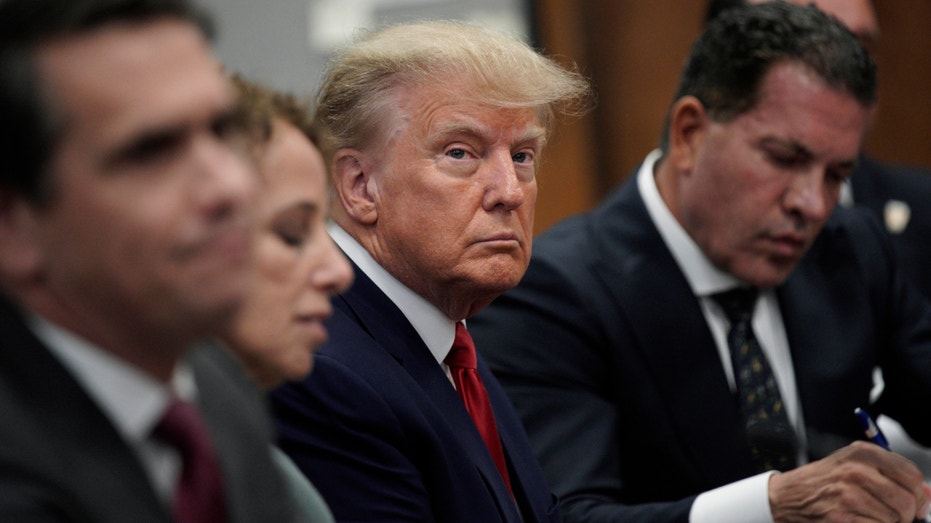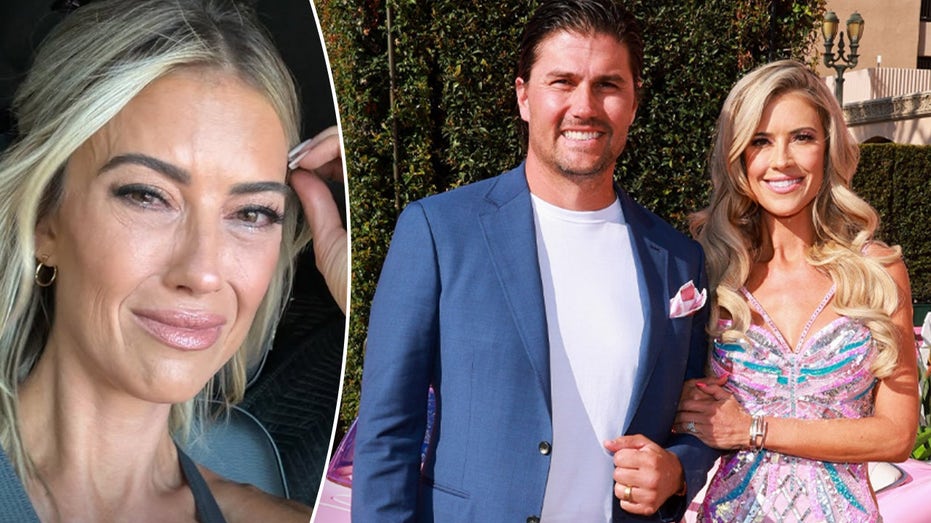Yale professor concedes in NYT opinion essay: ‘Yearslong effort to vanquish’ Trump was a ‘dismal failure’
A liberal professor of law at Yale University wrote a New York Times guest essay admitting that the lawfare used against President-elect Trump throughout his career has backfired.

Yale University law professor Samuel Moyn admitted on Friday that the legal efforts to stop President-elect Donald Trump over the past several years have failed and only made him stronger.
Moyn made the declaration in a New York Times guest essay, adding that liberals need to shed the strategy of trying to use the law to stop Trump during his second term.
"The yearslong effort to vanquish Donald Trump in court was a dismal failure," the professor wrote.
The Times published Moyn’s essay on the same day that Judge Juan Merchan granted Trump's request to file a motion to dismiss the charges in New York v. Trump and removed Trump’s sentencing date of Nov. 26 from the calendar.
BRAGG CASE 'EFFECTIVELY OVER' IN 'MAJOR VICTORY,' TRUMP OFFICIALS SAY
The news of Merchan’s ruling comes just days after Department of Justice Special Counsel Jack Smith filing a motion to vacate all deadlines in his 2020 election interference case against Trump, a move that signals the case could be dropped entirely.
Moyn wrote that the courts failing to end Trump’s political career shows that "our search for political salvation primarily through the law has backfired."
The professor explained that liberals have put too much focus on the legal system to pursue their agenda. He noted that while there have been some progressive victories in the process, they have not been able to use the law to stop their political opposition.
"While liberals saw breakthroughs afterward for women and L.G.B.T.Q. people, delivering progress more quickly than elections could, they failed to stop the conservative drift of American law," he stated.
Specifically, Moyn criticized progressives for acting as if their use of the law was a matter of principle and justice, while "ignoring that their movement had mainly treated it as a weapon for legalistic political change."
He noted that conservatives have been able to use it as a weapon as well, and now Trump has more power than ever.
"Along the way, you claim that the rules are on your side and impose them on your political enemies, and sometimes yourself, because the results are good ones," the professor stated, adding, "The trouble is that they regularly aren’t. In this election, legalistic tactics contributed to Mr. Trump’s victory, helping to produce the popular majority he had never boasted before."
"For all of Mr. Trump’s misdeeds, prosecuting them was not worth the cost of restoring him to power."
SUPREME COURT UPHOLDS PENNSYLVANIA PROVISIONAL BALLOT RULING, IN A MAJOR LOSS FOR GOP
He pointed out several examples throughout Trump’s political career of liberals using (what's been called by some) "lawfare" against him that backfired, including former Special Counsel Robert Mueller’s investigation into claims Trump colluded with Russia in the 2016 election.
"But when Mr. Mueller’s inconclusive report was released in April 2019, it was an embarrassment to liberals. The politics of law had misdirected their focus for years, and in the process convinced millions of Americans that Mr. Trump’s foes were as prone to conspiratorial thinking as his allies," he said.
Moyn went on to note how all the cases brought against Trump following his first term, including the New York case, Smith’s case, and one brought against him in Georgia, stalled out for various reasons, despite liberals alleging they would prove successful on principle.
"But agonizingly, Mr. Trump revealed how unprepared the law was for his acts. The law is open to interpretation and, even when clear, allows for discretion and selectivity in its enforcement."
Moyn then described how liberals, driven by self-righteousness, made Trump even more relevant and immune from their attacks.
"Yet many liberals, convinced that their causes were righteous, didn’t register the risks of this legalistic strategy, which included being seen by voters as treating the law as politics by other means. The criminal investigations fueled their target’s dominance of the Republican primary race and breathed new life into his campaign fund-raising," he wrote.
Moyn added, "The election became something like national jury nullification — after the fact for the New York case, and pre-emptively for the others."
Because of this dynamic, Moyn declared, "[T]here can be no federal criminal investigations or prosecutions of Mr. Trump while he is in office." Rather, he advocated for diminishing Trump by political means only, "But there are the midterm elections in two years, and in the meantime a Democratic Party in dire need of reimagining and a public to win over."
What's Your Reaction?

















